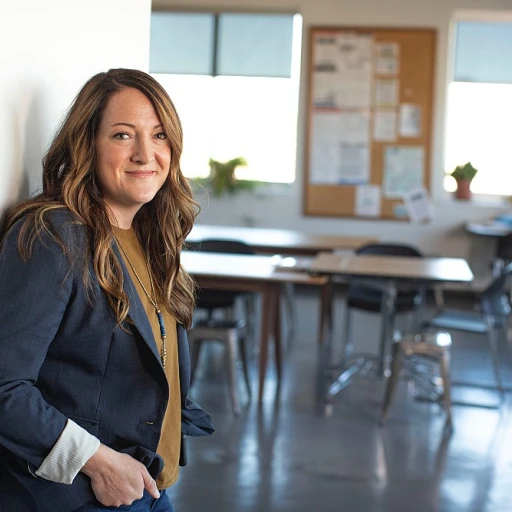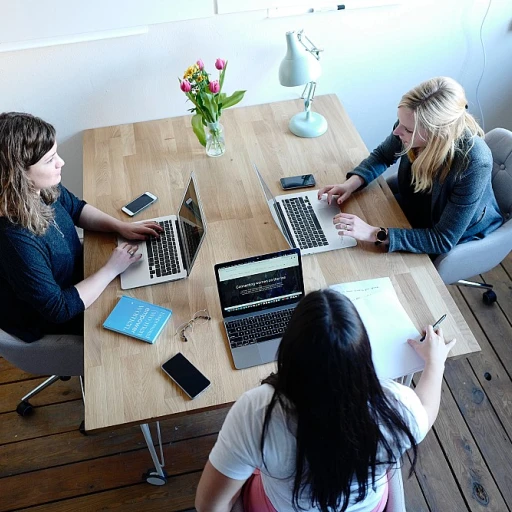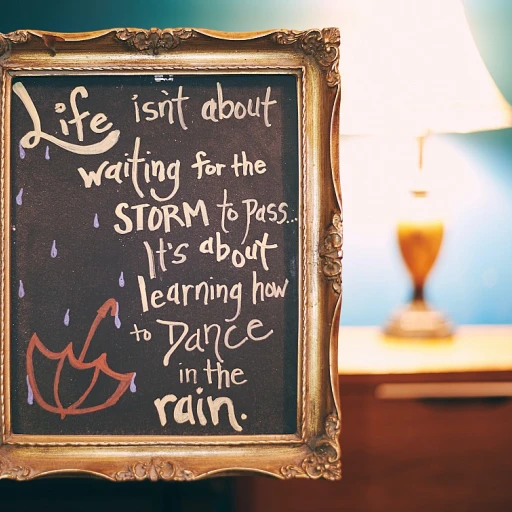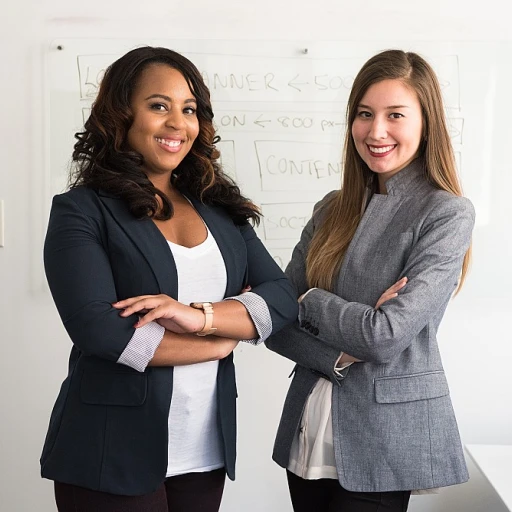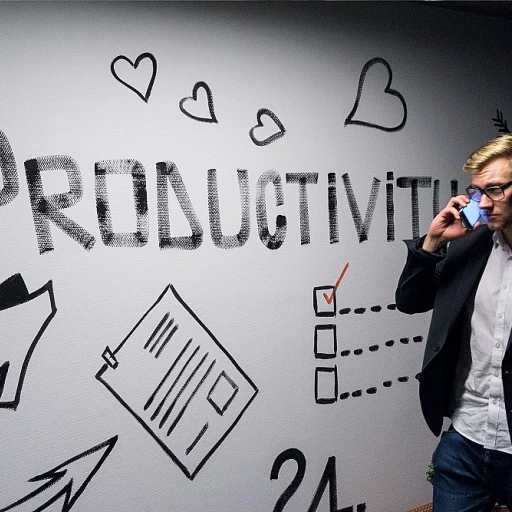
Recognizing the Need for Learning
Identifying the Necessity for New Knowledge
The journey of continuous learning often begins with recognizing the necessity for acquiring new knowledge or skills. This recognition can stem from various triggers such as market changes, innovative technologies, or shifts in consumer demands. The learning cycle commences when individuals or teams observe a gap in their current skill set or a need for improvement, prompting them to embark on a development journey.
In a rapidly changing world, the ability to identify these gaps is crucial. One must actively engage in observing the external environment, gathering data, and analyzing feedback from the existing process. This stage of awareness sets the foundation for a proactive approach towards learning and is fundamental for enterprises adapting to new challenges. Being aware of what is required allows learners to establish clear objectives and creates the pathway toward growth and improvement.
Reflective observation plays a role here, as individuals must continuously assess and reassess what additional skills and knowledge can boost their performance or product quality. This stage also involves understanding the dynamics of the current scenario and realigning oneself, which sets the stage for active experimentation in the proceeding phases of the learning loop.
Ultimately, the first step in the learning cycle acknowledges that to remain relevant, constant evaluation and learning are imperative. The emergence of this need is the catalyst that drives the entire cycle forward, ensuring that each loop learning process is closely aligned with personal or organizational goals.
Setting Clear Learning Objectives
Defining Goals to Focus Your Learning Journey
In the initial phase of any learning cycle, it is crucial to articulate clear learning objectives. Setting specific goals helps to streamline the learning process and ensures that you achieve desired outcomes efficiently. Well-defined objectives act as a compass, guiding learners through the stages of the learning journey, from gathering resources to engaging in active learning. The 'Goal Setting' stage in the cycle requires a thoughtful approach as it forms the foundation of the learning loop. By doing so, learners can effectively harness their learning styles, utilize feedback, and continuously develop their skills and knowledge. This process aligns with the concept of setting realistic and attainable goals, which ultimately enhances a learner's capacity to absorb new information through systematic reflection and practical application. Objectives should not only be clear but also measurable, allowing both learners and educators to track progress. This approach mirrors the principles of Kolb's experiential learning model, where active experimentation and reflective observation play pivotal roles in refining the learning cycle. Consequently, defining precise expectations facilitates an environment that fosters continuous development and improvement. By establishing objectives, you can build a structured framework for your learning experience. This clarity streamlines each step, synchronizing efforts across teams and individual learners. For instance, in a software development context, well-defined goals aid in iterating the build-measure-learn cycle, ensuring that every team member aligns their efforts with the collective objective. Furthermore, focusing on learning objectives encourages a synergy between theoretical knowledge and concrete experience, allowing the integration of a double loop learning approach. Engaging in this process not only refines existing skills but also transforms learning into a dynamic, evolutionary experience, much like the principles adopted in lean startup methodologies. Understanding and adopting effective goal-setting strategies can enhance both individual and group development. To further explore how clear goals foster constructive interactions among learners, explore effective interaction strategies that can transform your learning journey.Gathering Resources and Information
Equipping Yourself with the Right Resources and Information
As you embark on the journey of learning, gathering the right resources and information is crucial. This stage of the learning loop is akin to gathering all the raw materials needed before building a solid knowledge base. Taking the time to collect and organize these resources can significantly enhance your learning experience.
Firstly, identify reliable sources of information that align with your objectives. Whether it's academic papers, educational websites, or industry reports, ensure that they are credible and aligned with your learning style. This will help you build a comprehensive understanding of the subject matter.
Consider leveraging different mediums such as books, videos, podcasts, or online courses to cater to diverse learning styles. This method resonates well with Kolb's experiential learning model, which emphasizes a blend of active experimentation and reflective observation.
Moreover, in today's digital age, the internet offers a treasure trove of data and knowledge. Prioritize quality over quantity by selecting sources that offer insightful perspectives rather than overwhelming yourself with a deluge of information. The idea is to engage with materials that encourage further exploration and development.
Incorporating feedback from peers or mentors can also be invaluable during this process. They can provide different viewpoints and insights that might not be immediately apparent, helping you to refine and adjust your learning plan over time.
Remember, effective resource gathering is not just about accumulating data but about creating a structured schema for ongoing learning and development. This thoughtful approach will make the learning process more efficient and enjoyable, setting a strong foundation for the subsequent stages of your learning cycle.
Creating a Learning Plan
Strategizing Your Learning Journey
Embarking on a learning journey necessitates a clear roadmap to guide you through the numerous stages involved in the learning cycle. This pivotal phase involves creating a structured plan that integrates the core aspects of the cycle: from experiential learning to reflective observation, with the ultimate aim of fostering personal and professional development. Developing a learning plan is instrumental in ensuring you make the most out of your learning experience. Here's what you should consider:- Define Key Milestones: Establish specific checkpoints within the loop, allowing you to measure learn outcomes effectively. This will help you identify how each stage contributes to your overall knowledge growth.
- Select Appropriate Learning Models: Choose the methodologies and styles that best align with your natural learning preferences. Whether it’s Kolb's experiential learning model or another approach, ensure it supports your desired learning objectives.
- Allocate Time for Each Stage: Understanding that learning is a dynamic process, it's crucial to assign appropriate time to each stage. This will enable you to engage in active experimentation and turn data into actionable insights efficiently.
- Incorporate Feedback Mechanisms: Regular feedback is vital in a learning plan, as it helps refine and adapt strategies. Encourage input not only from your own reflective observations but also from peers or mentors within your team.
- Review and Adapt: The learning loop is inherently iterative. By building measure techniques into your process, you can continuously refine your plan based on concrete experience and evolving objectives.
Engaging in Active Learning
Immersing in the Learning Experience
Engaging in active learning is a crucial stage in the learning cycle, where learners immerse themselves in the process of acquiring new knowledge and skills. This phase is often characterized by active experimentation and concrete experience, as described in Kolb's experiential learning model. By participating in hands-on activities, learners can apply theoretical concepts to real-world situations, enhancing their understanding and retention of information.
Active learning involves a dynamic interaction with the material, encouraging learners to question, explore, and experiment. This approach not only solidifies knowledge but also fosters critical thinking and problem-solving skills. Whether through collaborative projects, simulations, or practical exercises, active learning transforms passive information absorption into an engaging and interactive experience.
Leveraging Feedback for Growth
Feedback plays a pivotal role in the learning loop, providing learners with valuable insights into their progress and areas for improvement. Constructive feedback, whether from peers, mentors, or self-assessment, helps learners refine their approach and adjust their strategies. This iterative process of receiving feedback and making adjustments is akin to the build-measure-learn cycle in lean startup methodologies, where continuous improvement is the goal.
Incorporating feedback into the learning process not only enhances individual development but also contributes to the overall growth of a team or organization. By fostering a culture of open communication and continuous feedback, learners can build a supportive environment that encourages experimentation and innovation.
Adapting to Diverse Learning Styles
Recognizing and accommodating different learning styles is essential for effective active learning. Each learner may have a unique preference for how they absorb and process information, whether through visual, auditory, or kinesthetic means. By tailoring learning activities to suit diverse learning styles, educators and facilitators can ensure that all participants are engaged and able to maximize their learning potential.
Incorporating a variety of teaching methods and materials can help address the needs of different learners, making the learning experience more inclusive and effective. This adaptability not only enhances individual learning outcomes but also enriches the collective learning experience within a group or team.
Reflecting on Progress and Adjusting
Reflect and Iterate for Continuous Improvement
The final stage in the initial phase of the learning cycle is to take a step back and evaluate what you have achieved. Reflective observation is crucial in any learning process. It involves deliberately thinking about the learning experience, what worked, what didn’t, and why. This reflection is a critical part of loop learning, as it allows learners to incorporate feedback into their learning loop effectively. By taking the time to analyze your progress, you can identify any gaps or shortcomings in your approach. This data can be invaluable as you strive to build a more comprehensive understanding of the material.- Process Evaluation: Regularly assess how well your learning objectives align with the current stage of your knowledge development. Are your learning resources and methods yielding the expected results?
- Feedback Utilization: Engage in a feedback loop as you refine your learning strategy. Feedback, whether from peers, mentors, or self-analysis, can provide insights that spur growth.
- Adaptation and Flexibility: Critical reflection allows for adjusting your learning path. Remaining adaptable in your approach can lead to more effective outcomes and ensure that your learning curve aligns with real-world applications.





